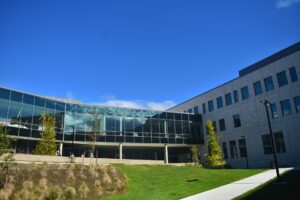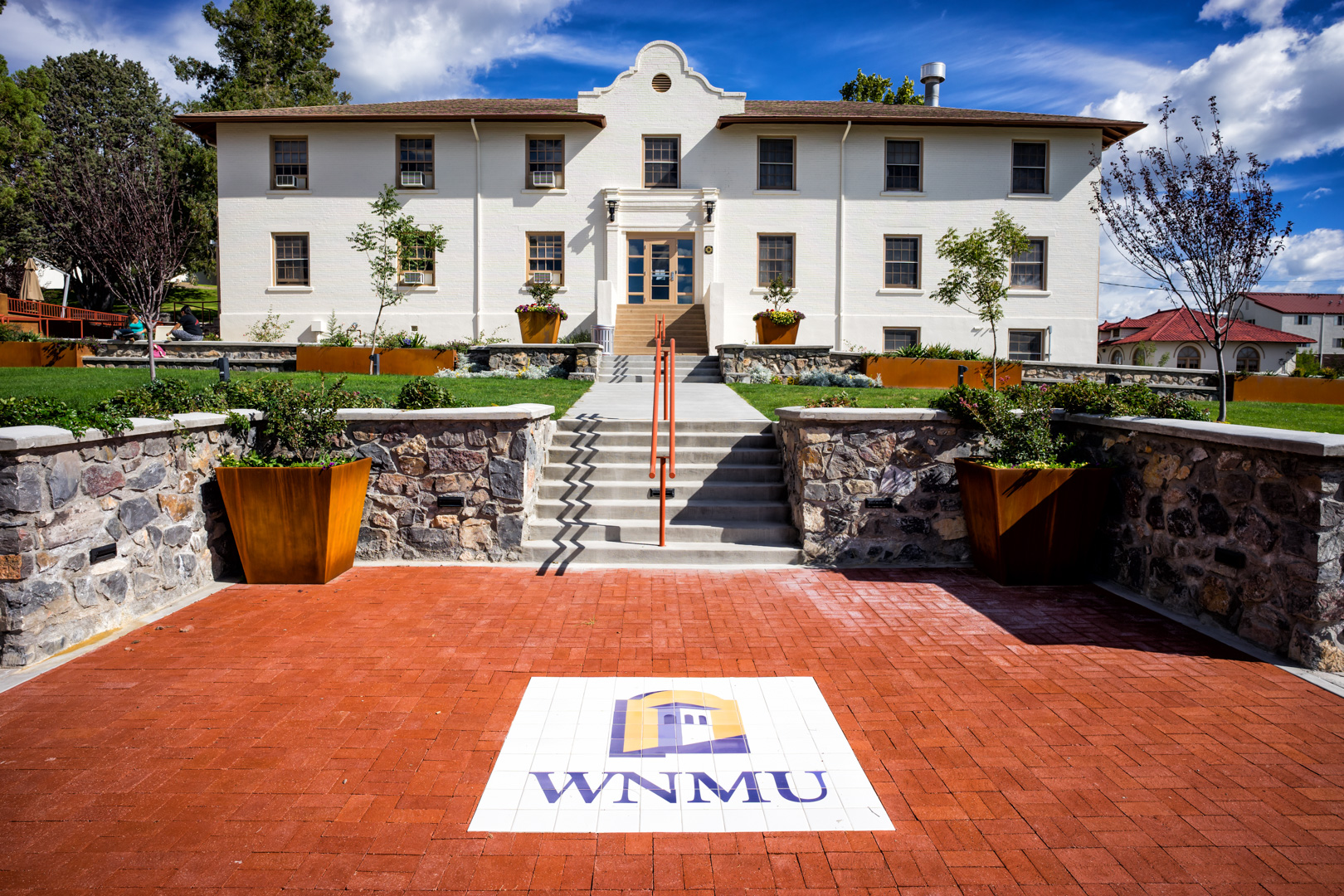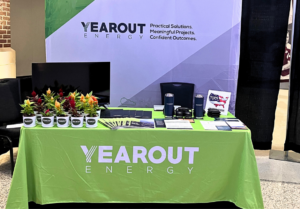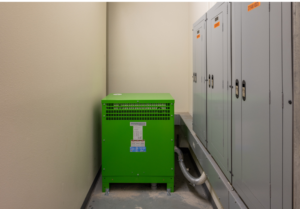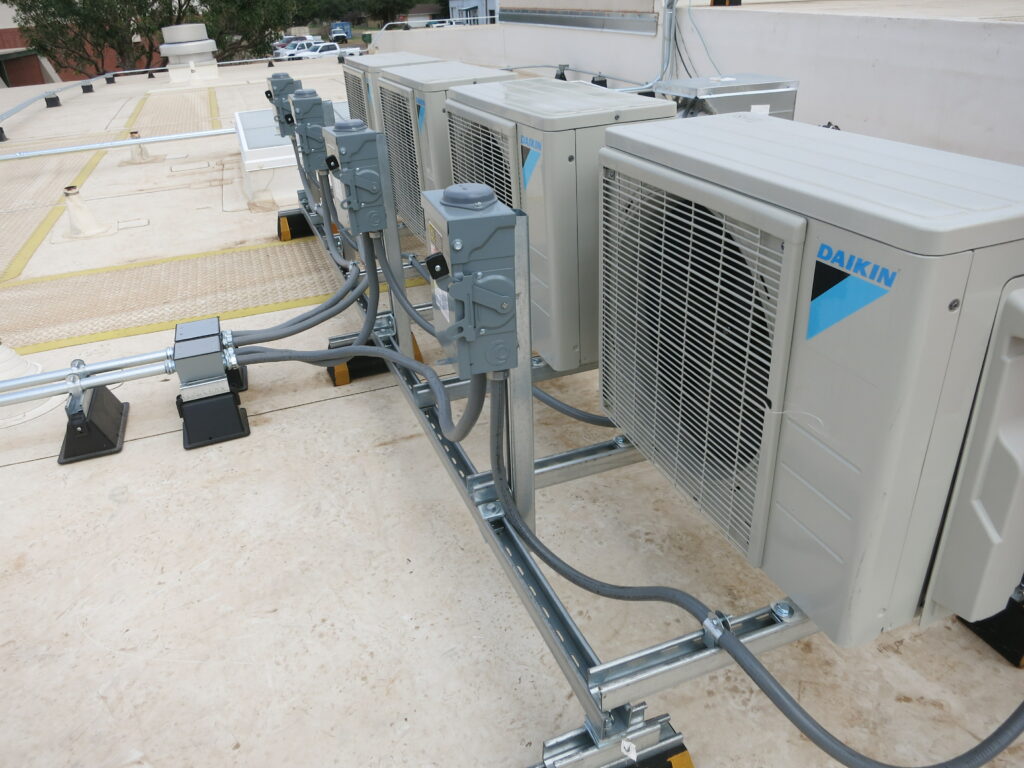Evaporative cooling has been a popular and cost-effective way to cool buildings in dry climates for decades. However, evaporative cooling systems often struggle to maintain optimal indoor thermal comfort during hotter periods of the year. Additionally, these systems can be noisy, do not allow for precise temperature control, and require significant maintenance. As a result, many building owners are turning to refrigerated cooling systems to improve occupant comfort.
However, refrigerated cooling systems require a significant amount more energy to operate than evaporative cooling systems, resulting in higher utility bills and increased greenhouse gas emissions. Fortunately, comprehensive energy efficiency projects that improve the performance of a wide variety of building systems can offset this energy penalty.
The Benefits of a Building Energy Audit
The initial step with any comprehensive energy efficiency project is to perform a whole-building energy audit. During the energy audit, engineers will evaluate building systems to identify opportunities to eliminate waste and improve operational performance. These opportunities often include LED lighting retrofits, improvements to the building envelope, plug load power management, and many other enhancements. These upgrades can drastically reduce energy use in a building and can help offset the energy penalty of converting to refrigerated cooling.
Implementation of Smart Building Technology
Another important aspect of a comprehensive energy efficiency project is to implement smart building technologies where applicable. Smart building technologies can help reduce energy use by automatically adjusting heating, cooling, and lighting based on occupancy, weather, or other conditions. They can also provide real-time energy use data to building owners, allowing them to identify opportunities for further energy savings.
Commissioning Mechanical Cooling Systems
Following implementation of the identified measures, is it critical to properly commission all the equipment installed. Commissioning is a systematic process for planning, assessing, investigating, analyzing, improving, optimizing, and verifying the performance of existing building systems and assemblies. This process ensures the equipment and systems installed operate as intended for optimal comfort and performance.
Renewable Energy Systems for Longterm Gains
Finally, once all energy waste has been eliminated, building owners can consider installing renewable energy systems to offset the remaining energy use. Renewable energy systems such as solar photovoltaics and wind turbines can generate clean electricity on-site, reducing the amount of energy needed from the grid. This can further reduce energy costs and greenhouse gas emissions.
In conclusion, while converting from evaporative cooling to refrigerated cooling may come with an energy penalty, a comprehensive energy efficiency project can offset this penalty while improving occupant comfort. By conducting a whole-building energy audit, optimizing the refrigerated cooling system, implementing smart building technologies, and installing renewable energy systems, building owners can enjoy the many benefits of refrigerated cooling while still reducing overall energy use and greenhouse gas emissions.
Case Study – Texico Municipal Schools
Replacing the aging evaporative cooling systems was a top priority for Texico Schools when they engaged with Yearout Energy to perform an Investment Grade Audit (IGA) of their facilities. These systems failed to effectively cool classrooms and were too noisy to operate during teacher instruction. If TMS had converted to refrigerated cooling standalone without implementing a comprehensive Energy Savings Performance Contracting (ESPC) project with Yearout Energy, TMS would have experienced a 15% increase in annual utility costs. By taking a holistic approach and implementing a variety of energy conservation measures in tandem with the refrigerated cooling upgrades, Yearout Energy was able to reduce TMS’s annual overall annual utility costs by 30%.
To learn more about this project and the additional measures implemented to achieve this outstanding result for TMS, please check out the case study.



